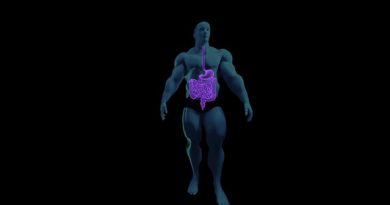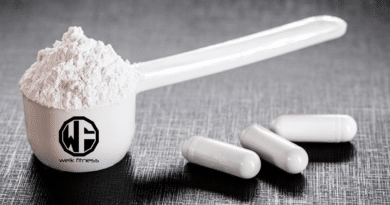Milk Protein vs. Whey Protein – What’s the Difference?
Protein supplements are an integral part of a bodybuilding regimen. It is also used to improve stamina and performance. With many types of protein supplements available on the market, it is tough to choose between them. When picking a protein supplement that perfectly fits your specific needs and requirements, you should have a basic knowledge about the various sources and what benefits you can expect. In this article, we will discuss milk protein and whey protein to allow you the ability to choose which one you would prefer to use and when to help you achieve your health and fitness goals.
Related Article: How Much Protein Do You Need if You Exercise Regularly?
Disclaimer: This article is for informational purposes only and is not meant to treat or diagnose any condition. It is recommended that you speak with your doctor before starting any exercise program, changing your daily nutrition, or adding any supplements to your regimen.
Table of contents
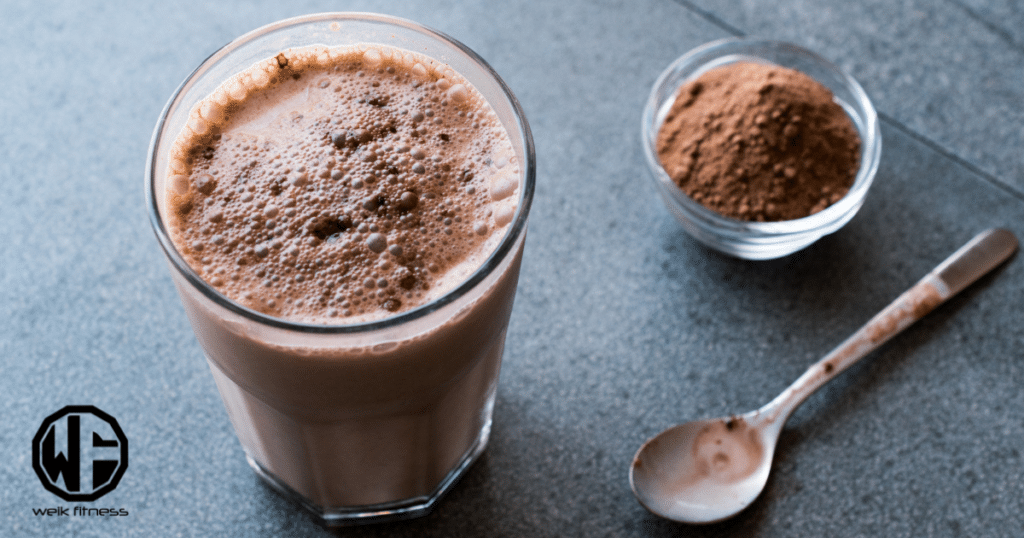
What is Milk Protein?
Casein protein and whey protein are the two types of protein present in milk. Casein constitutes around 80% milk protein, while the remaining 20% is in the form of whey protein. Both proteins can help boost muscle tissue growth. As casein protein constitutes a significant part of milk protein, the term ‘milk protein’ is sometimes used interchangeably with casein protein.
What is Casein Protein?
When the milk is heated in the presence of enzymes, it forms curd and whey. Curd may either be used for cheese production or processed to produce what we know as casein protein. Casein protein is an extremely slow-digesting protein that takes hours to digest and allows for a slow release of amino acids into the system (perfect for helping you stay satiated as well as anabolic).

When to Use a Casein Protein?
Casein protein has many benefits that not many people fully understand. This milk protein offers you the following advantages:
1. Boosts Muscle Growth
Casein protein contains all the essential amino acids. It helps improve muscle growth. As compared to placebo, casein protein can double muscle growth.
2. Improved Physical Performance
Casein has an anti-catabolic effect that can result in greater strength. The next time you’re thinking about having a protein shake at night, you’ll want to make sure it is in the form of a casein protein.
Related Article: Is Using Whey Protein Shakes for Weight Loss Helpful?
3. Burn Fat and Lose Weight
You may lose your weight either through the loss of muscle or fat or through a combination of both. However, if you incorporate casein in your weight loss regimen, you will burn more fat while also helping to retain the lean muscle you have. Casein can provide you with the best of both worlds, which is why it is so versatile.
4. Boosts Immunity
Casein protein is effective in boosting your immunity. It has anti-viral properties and helps modulate your immune system to reduce the degenerative impact of various diseases.
What is Whey Protein?
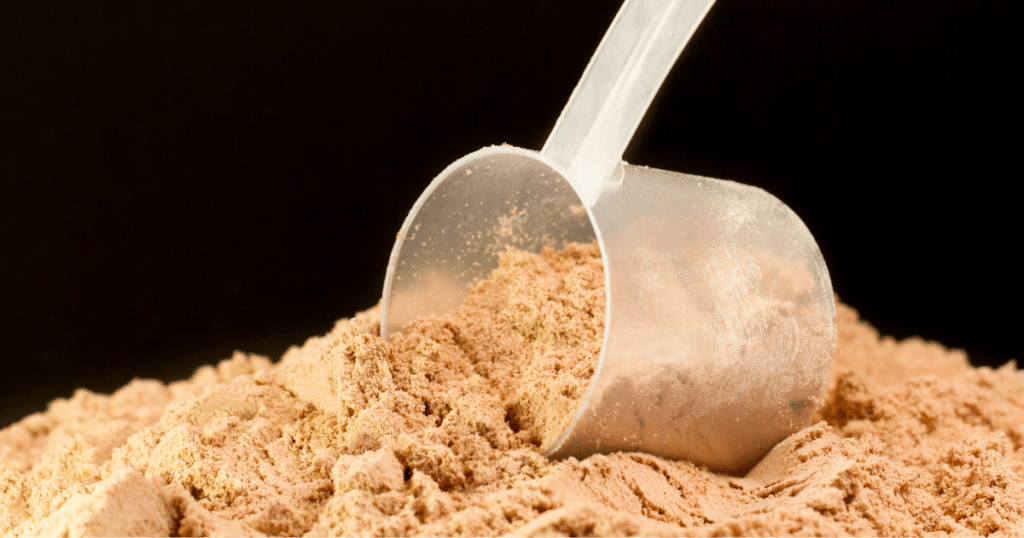
Switching gears, whey is the liquid part of the milk that remains after the cheese manufacturing process. This liquid undergoes various filtration processes to yield various types of whey protein. Whey protein has around 20% more leucine when compared to casein protein. Leucine is a powerful amino acid that aids in protein synthesis, regulating blood sugar levels, growth hormone production, and lean muscle tissue growth.
When to Use a Whey Protein Supplement?
You may use whey protein for:
1. Fast Recovery
Because of its rapid absorption, whey protein ensures fast recovery following an intense workout to aid in repairing and rebuilding torn down muscle fibers.
2. Weight Loss
Whey protein aids in weight loss due to its effect on regulating fullness and satiety, which can help prevent overconsumption of food throughout the day.
3. Muscle Protein Synthesis
The use of whey protein helps initiate muscle protein synthesis and aids in increasing lean muscle mass.
What Are the Types of Whey Protein?
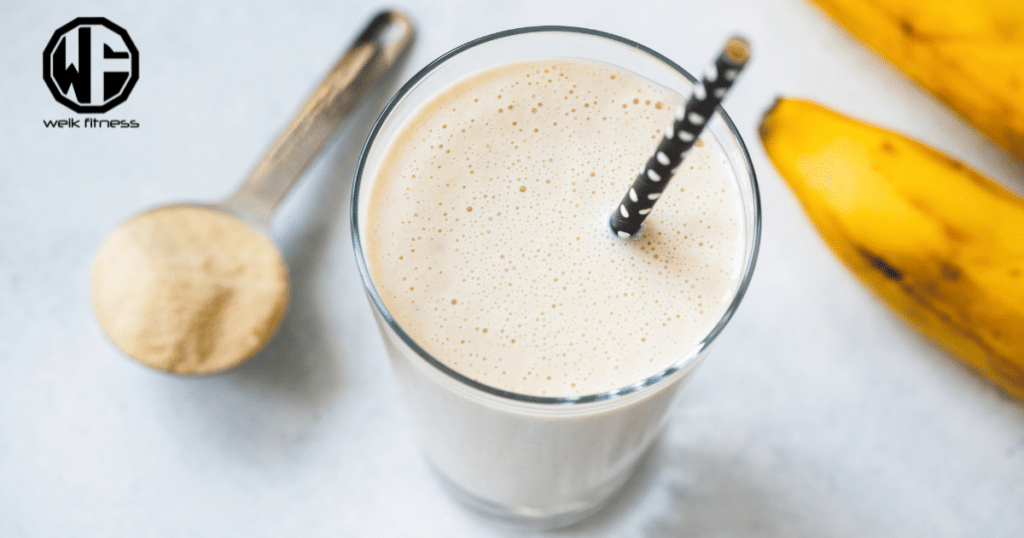
The following are the various types of whey protein you’ll see on the market:
1. Whey Protein Concentrate
This type of whey protein is the least processed. It contains approximately 70-80% whey protein. It is obtained at the primary stage after whey ultrafiltration. It has a high lactose content yet is still absorbed quite quickly as compared to a casein protein.
2. Whey Protein Isolate
When whey protein concentrate is purified further, to increase the amount and concentration of whey protein, we get a whey protein isolate. Whey protein isolate contains approximately 90% whey protein. It has low lactose content along with lower carbohydrates and sugars, which also helps ensure a faster absorption rate.
3. Whey Protein Hydrolysate
Whey protein hydrolysate is an enzymatically treated protein supplement. It has no or very negligible amounts of lactose while containing at least 90% whey protein. This protein is predigested and has an extremely rapid absorption rate – faster than any other source listed in this article.
What Are the Similarities Between Milk Protein vs. Whey Protein?
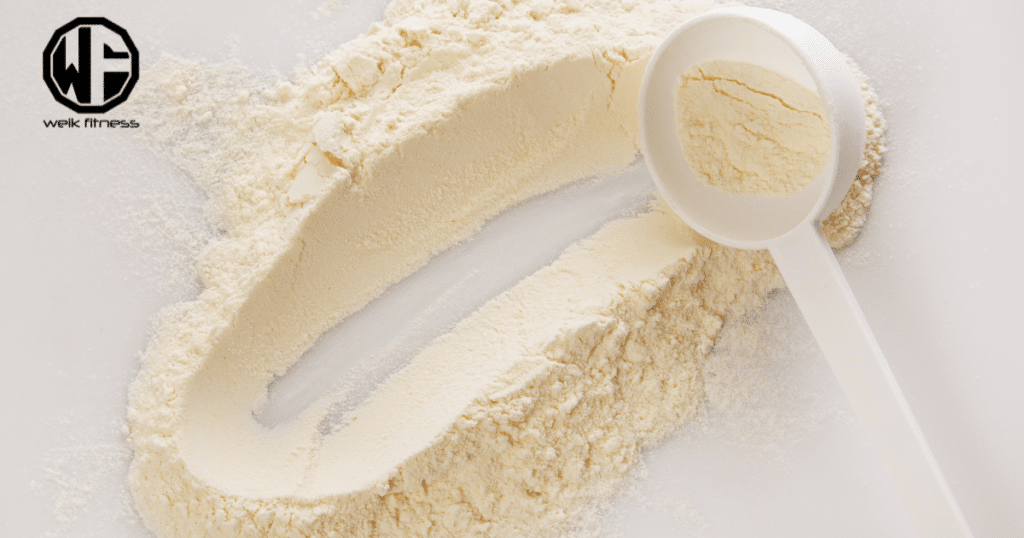
Since the source of protein is similar, they do share certain similarities such as:
- Both proteins are complete as they have all the essential amino acids
- Both come from milk and manufactured during the synthesis of cheese
- Both whey protein and casein protein are used as muscle-building and muscle-preserving supplements
- Both proteins have the potential to improve physical performance as well as build and repair muscle tissue
How to Choose Between Casein Protein and Whey Protein
Both the casein protein and whey protein supplements are a powerful source of protein. So, how should you determine which one of the two is the best protein supplement? Due to the difference in the level of various amino acids, both have their own unique advantages.
Click here to continue reading…


*Disclosure: This article may contain affiliate links or ads, which means we earn a small commission at no extra cost to you if you make a purchase through these links. These commissions help support the operation and maintenance of our website, allowing us to continue producing free valuable content. Your support is genuinely appreciated, whether you choose to use our links or not. Thank you for being a part of our community and enjoying our content.
PLEASE CONSIDER SHARING THIS ON YOUR SOCIAL MEDIA TO HELP OTHERS LEARN MORE ABOUT THIS TOPIC.



